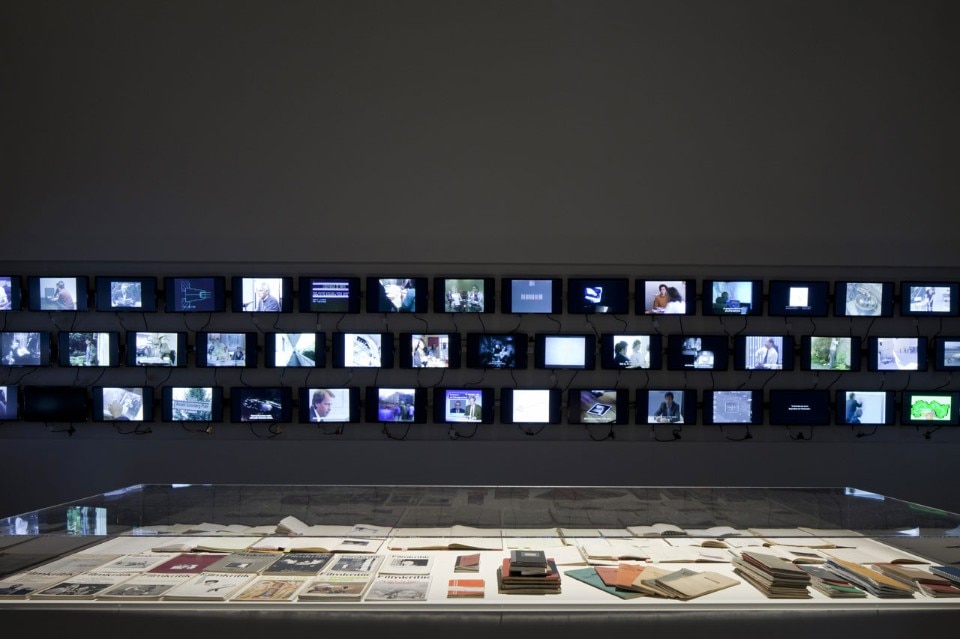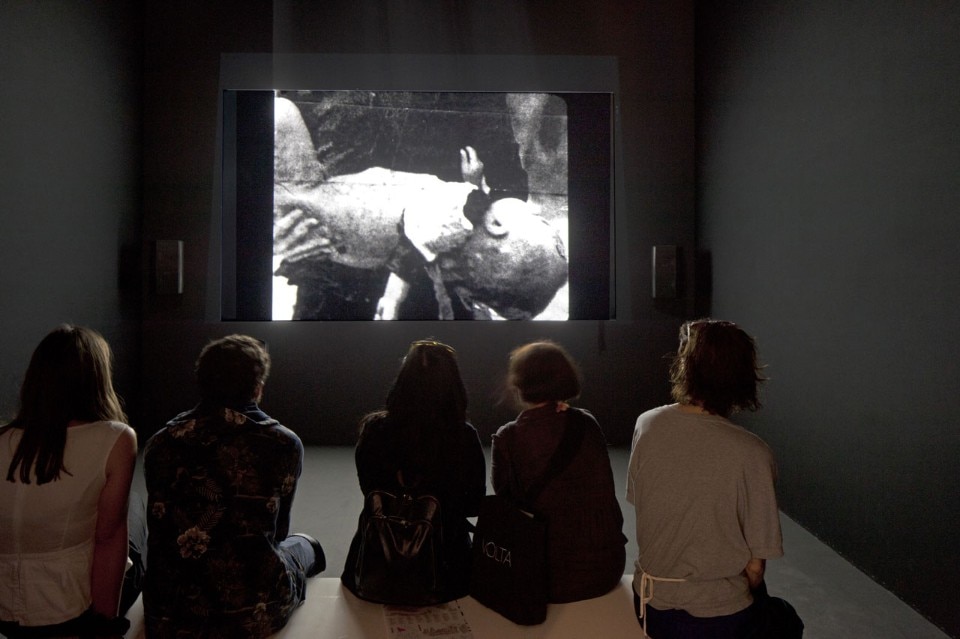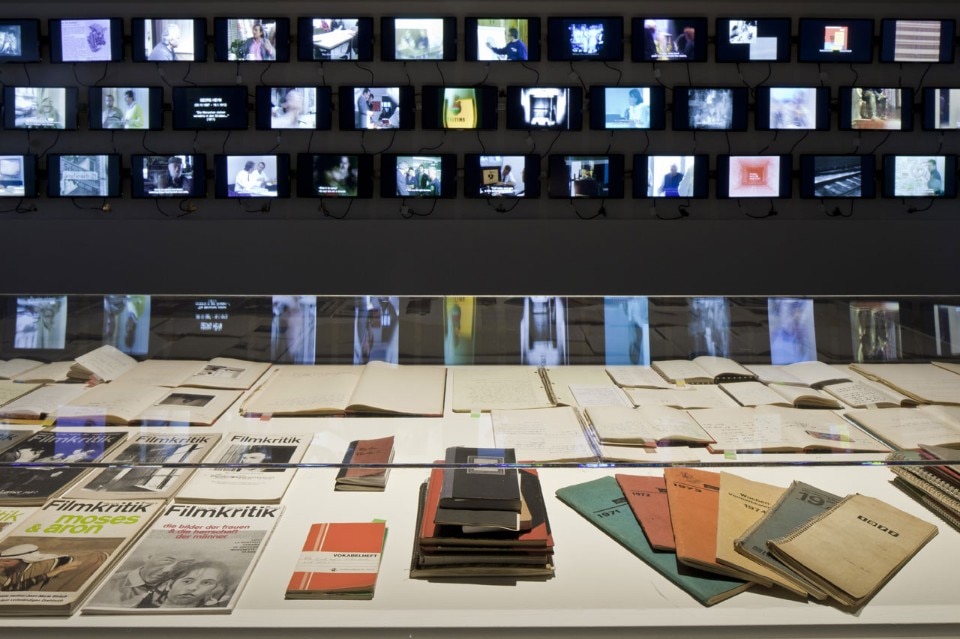

In Inextinguishable Fire, 1968-1969, the artist presents spectators with a blunt assertion: "When napalm is burning, it is too late to extinguish it. Napalm has to be protested where it is produced, in factories." One factory is named. It is called Dow Chemical and is situated in Midland, Michigan. The company focuses on rationalised technology, on a scientific progress blinded to the effects. Work in the factory is extremely compartmentalised, meaning even the workers’ subjective awareness is obscured. The product in question, napalm, will be produced in increasingly lethal formulas with no resistance being raised. Paradoxically Farocki tells us, not only distance but also extreme proximity can make violence intangible, with our unspoken complicity.
Links between technology, politics and violence are the focus of his more recent video series, Serious Games in which he looked at drone operators at their workstations. The use of drones has changed the principles of politics, our experience of war and combat, and even our relationship with the context: videogames, animations, computers and programming languages – commissioned by Ministries of Defence –, the psychological impact of a war fought against enemies thousands of kilometres away and the sense of an unstable reality in which all the boundaries between combat, play and pretence have become blurred. All the moral complexity of modern warfare, characterised by new, extreme forms of asymmetry, emerges in these works. Thanks to digital technology the evil is done “from afar” and, to paraphrase Hannah Arendt, its banality is all the more striking.


